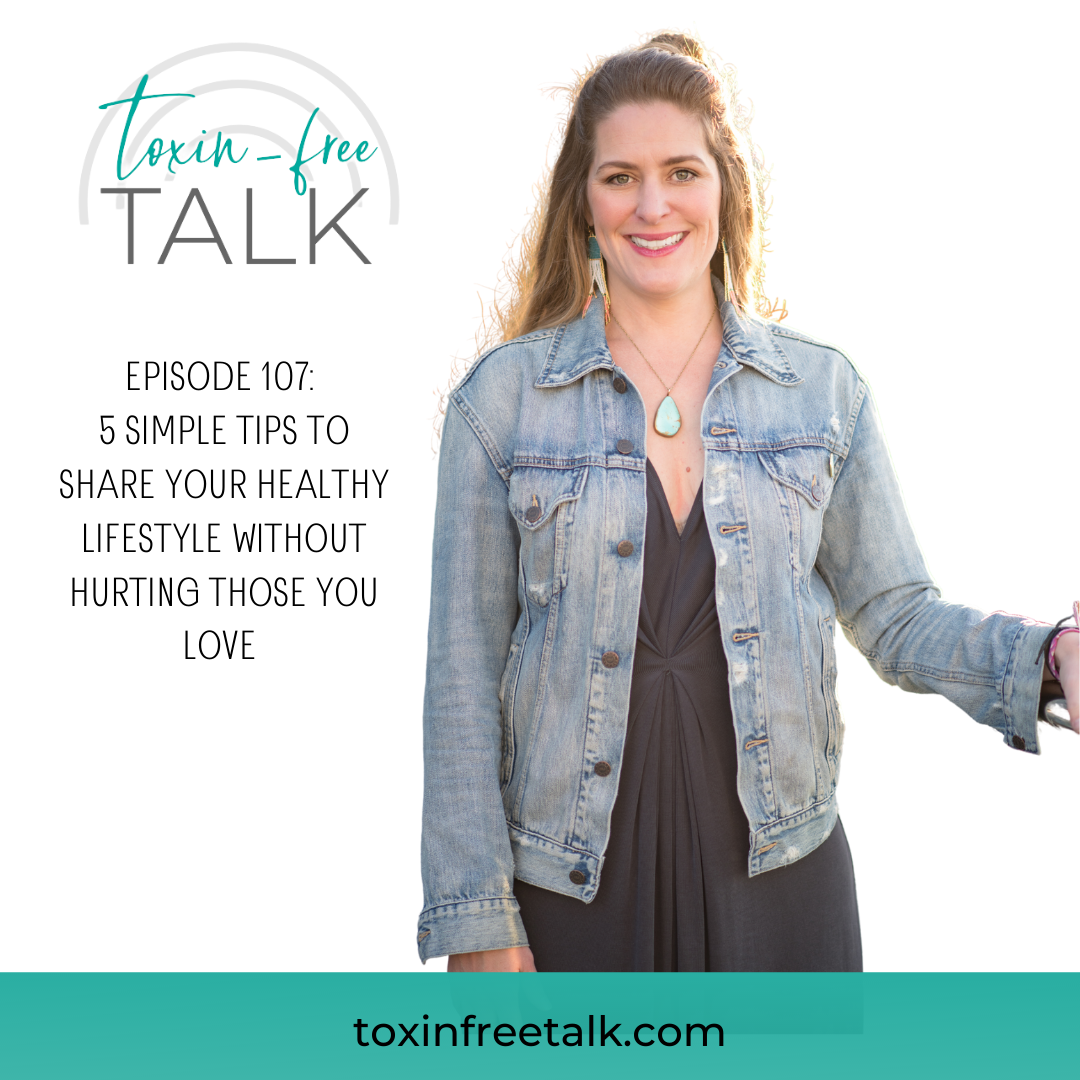Before becoming a Crunchi advocate, I worked in public health, but I really didn't have a way to share choosing a healthier and more toxin-free life with my family and friends. I'm so grateful that Crunchi has given me that opportunity. Honestly, it just started with sharing my favorite lip gloss that was toxin-free with friends and it grew from there.
I burned a few bridges when I first started sharing about my toxin-free journey. I didn't do it the right way. I was, especially with those I was closest to, a bit judgmental and pushy and probably rude in their eyes. I've learned a lot over the past few years on how to help others open their eyes to why they should become more toxin-free and green. These tips will help you with those, sometimes difficult, conversations.
Helping Others go Toxin-Free and Green. 5 Simple Tips to Share Your Healthy Lifestyle Without Hurting Those You Love
Make it about YOU, not them- Share why you decided to change. Here's where you want to share your story. Let's say you're having a conversation with your mom about the kinds of products she has in her home. Maybe your mom and dad are grandparents to your kids and your kids are spending a lot of time at their house and you're concerned because they use products that have a lot of fragrance in them or the cleaning products they use are not great, or they slather your kids in lotion that is full of PEGs and phthalates and all of that stuff we talk about on this podcast. You're honestly concerned about your kids. If you came in there, and you said, “I want you to switch the products because these aren't good for my kids”, they're going to have their guard up, they are not going to want to listen. What you really want to do is talk about your story and why you decided to change. Talk about why you decided to change, what you've learned, and how it's impacted your life.
Tell them you care about them- Let's say you're talking with your mom and your mom has been sharing that she is struggling with skin irritation. You can ask questions like, “Hey, did you change your laundry detergent recently?” Or “Did you try a new lotion?” Help them get down to what's the problem and what's going on. Asking them those questions is telling them and showing them how much you care and how much you care about their health. You could say, “Gosh, Mom, you know, I just recently learned about all of the toxins in our laundry detergent. Do you think that maybe that could be a problem? I know that you've used the same brand for so many years, but often that same brand might have changed their formula and didn’t advertise that. So even though you think you're using the same exact product, they're changing it up on you and you might not even know.” Share what you know, but focus on your concern for them without any judgment.
Share specific examples of simple changes they can make- So for this example, again, with a skin irritation, you could just say, “You know, it might be really easy just to switch out your laundry detergent.” Focus on really, really simple changes. Don’t tell them that they have to detox their home top to bottom, every single cleaning product they use, every single personal care product they use. That's just not going to work. They will get overwhelmed, they will think you're maybe a little bit crazy. So really just focus and share just some really simple tips to get them started.
Share some helpful resources- Get them researching and reading on their own! Share resources that you have found helpful. Share this podcast with them, an Instagram account that you find helpful, share your favorite websites to look up products, if it's ewg.org, bcpp.org, or something else. Help them get the resources that they need to start making those changes.
Pay attention to your body language and overall message- I wear my emotions on my face, it is always evident what I'm thinking if you look at me. Be careful about your nonverbal communication. Think about what your face looks like. Watch your eye rolling. Think about how they might feel from this interaction. You might be saying one thing, but your face might be saying something else. Pay attention to your overall message and do it in a loving and accepting way and know that they may not change immediately. But even just planting that seed and starting the conversation is worthwhile.
I just had a question in my Facebook group about using towelettes to take your makeup off. Personally, I don't choose to use those because they're just not great for the environment. Even if they are compostable, the creation of that product does create a lot of waste for the environment. And usually the ingredients aren't great either. My first response wasn’t “You shouldn't use those, they are bad for the environment.” I didn't want to come off as judgmental like that. I didn't want them to feel judged. I asked them to tell me why they use them because if the person shares why they use them, I can help lead them towards an answer that would be better for them and better for the earth. It's really asking them more questions and helping them come to the place of choosing a more toxin-free or green option without feeling judged or without you just telling them what to do.
If you’ve ever considered sharing toxin-free living like I do, perhaps becoming a Crunchi advocate is for you. It’s the perfect platform to help others feel empowered with toxin-free education while at the same time helping women feel confident and beautiful. Let’s chat! You can message me through Instagram or you can email me at megan@detox.design.



